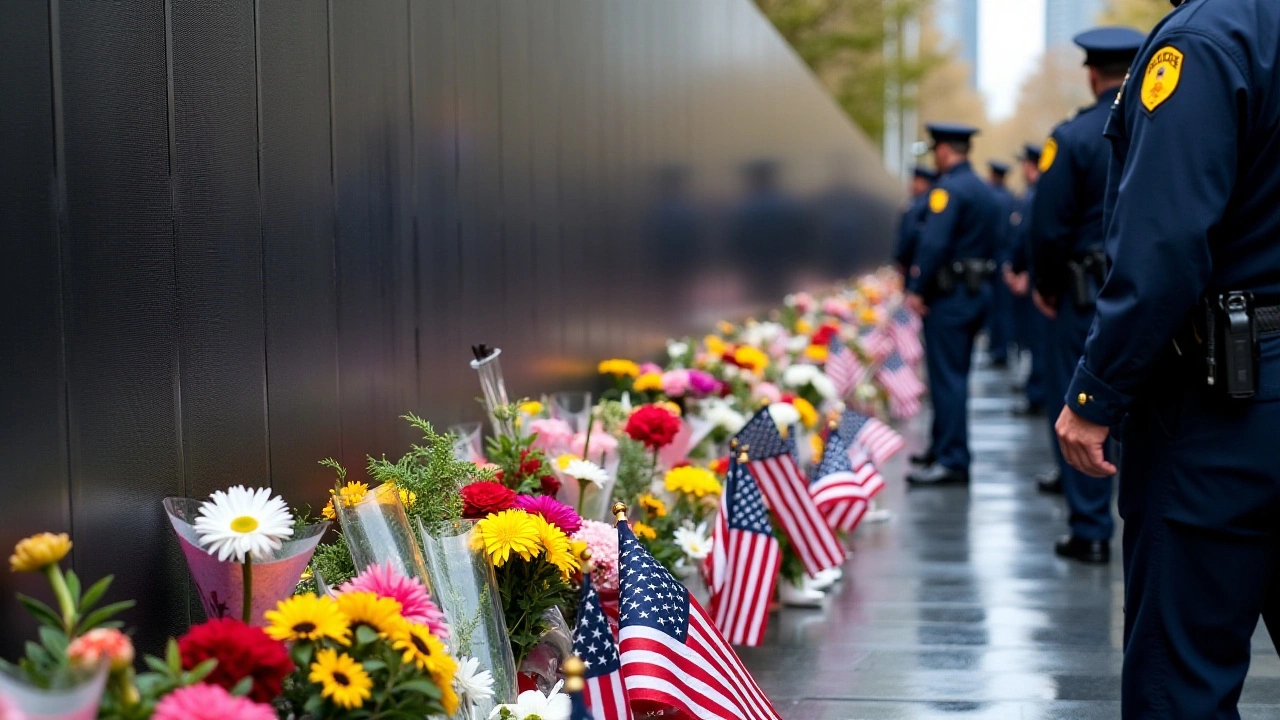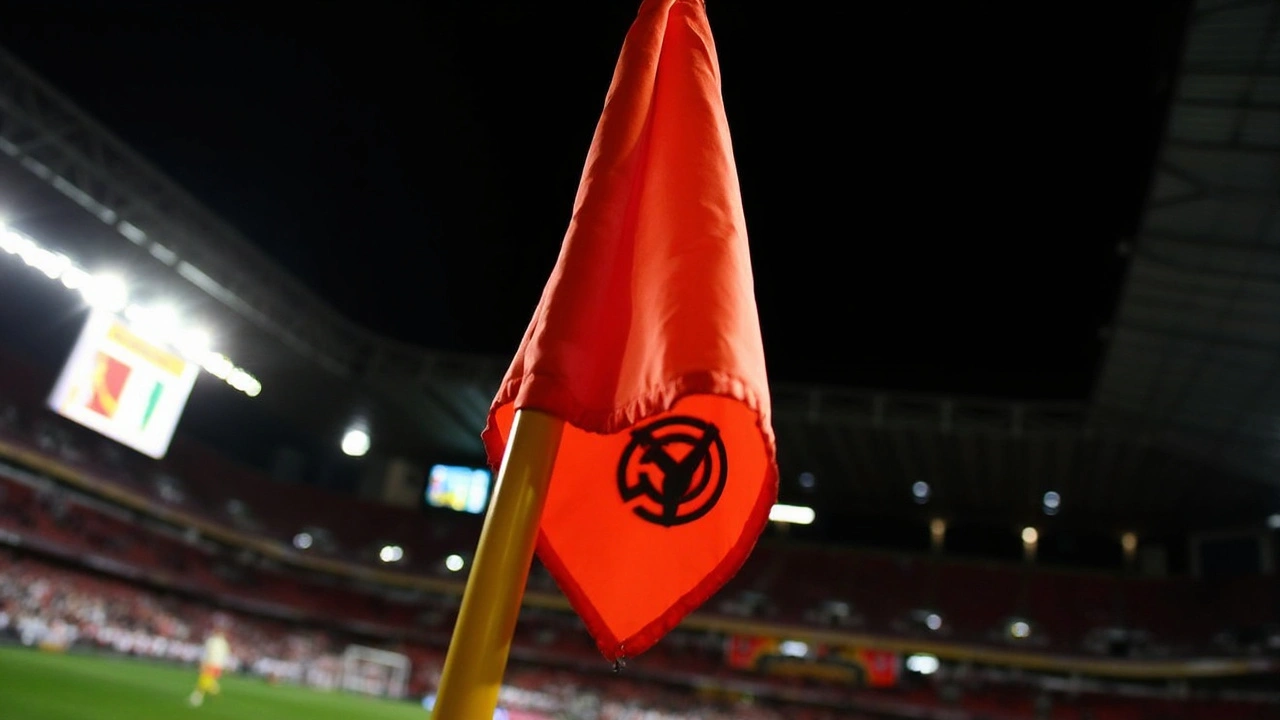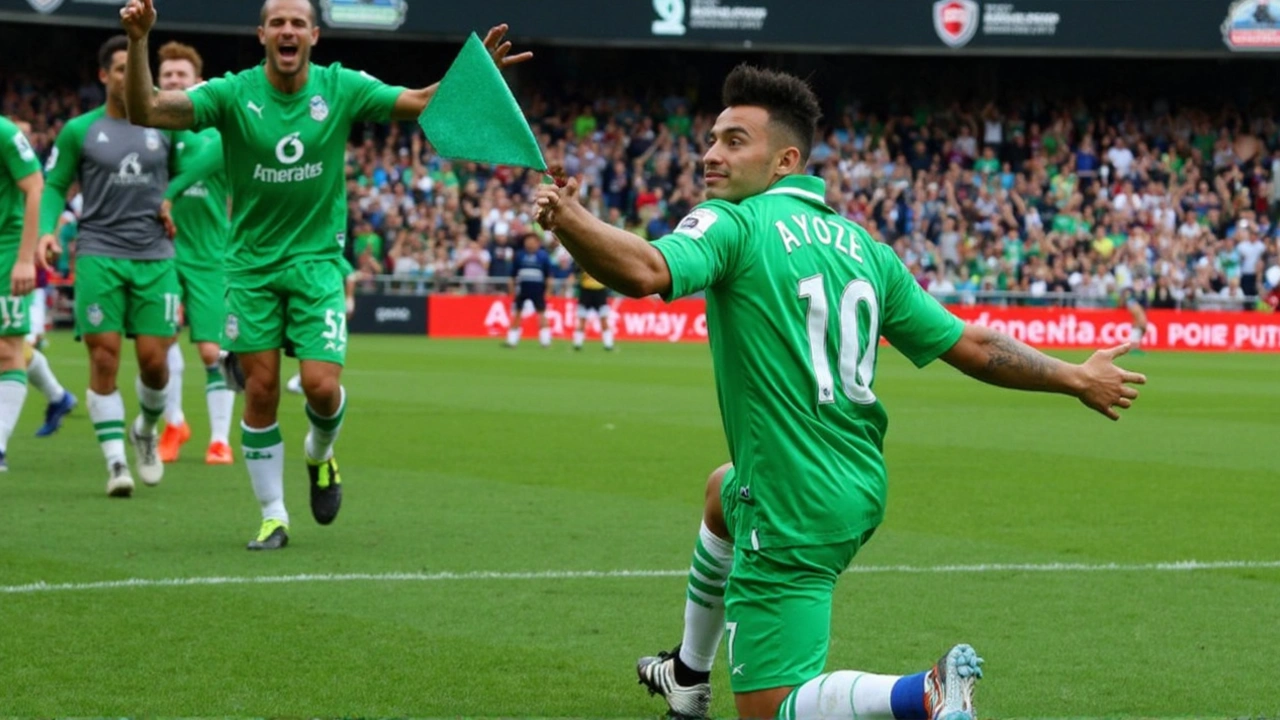Honoring 9/11 Victims 23 Years On: Families Gather at World Trade Center
On September 11, 2024, families of nearly 3,000 victims of the 9/11 terror attacks will gather at the World Trade Center in Lower Manhattan. This year marks 23 years since one of the most tragic events in United States history, and the annual commemoration continues to serve as a poignant reminder of the lives that were lost. The day is expected to draw significant attention, not only for its solemn importance but also due to the presence of high-profile political figures.
At the heart of the commemoration are the families and friends of the victims. Their grief is encapsulated in the moments of silence, the reading of names, and the various tributes that mark the event. Each name read aloud represents not just a life lost but also countless lives affected by that loss. Over the years, these ceremonies have become a way for families to find solace and for the public to remember and honor those who perished.
Political Figures in Attendance
Among those in attendance this year are Vice President Kamala Harris and former President Donald Trump. This adds a layer of political significance to the day’s events. The night before, Harris and Trump participated in their first debate, signaling the start of an intense political season. Yet, in the shadow of the World Trade Center, the focus will shift from politics to the deeply personal stories of loss and remembrance. Both Harris and Trump are expected to address the crowd, offering their reflections and paying their respects.
The presence of these political figures underscores the continued impact of 9/11 on the nation's collective consciousness and the importance of unity in honoring the victims. While their attendance is sure to bring additional media coverage, organizers and attendees alike emphasize that the heart of the event remains the memory of the lives lost and the resilience of those who survived.
Ceremonies and Tributes
The day’s ceremonies will follow a traditional format that has become familiar to those who attend annually. A moment of silence will be observed at 8:46 AM, the exact time when the first plane struck the North Tower of the World Trade Center. This will be followed by further moments of silence to mark the other key moments of that fateful day, including the times when the second tower was hit, when the Pentagon was attacked, and when Flight 93 crashed in Pennsylvania.
One of the most poignant aspects of the commemoration is the reading of the names of the nearly 3,000 victims. Family members, often accompanied by friends, take turns reading the names, ensuring that each person is individually honored. For those who participate, this act is both a tribute and a small measure of comfort, keeping the memory of their loved ones alive in a public and formal setting.
Additional tributes include musical performances and the laying of wreaths. Over the years, the ceremony has also featured personal anecdotes and memories shared by family members and survivors. These stories speak to the unique lives of each victim, their contributions, and the void their absence has created. In many ways, these personal testimonies help to humanize the vast and impersonal statistics associated with the tragedy.
The Ongoing Impact of 9/11
The impact of September 11, 2001, extends far beyond the immediate loss of life. For many, the aftereffects have been life-long. First responders and survivors continue to suffer from physical and mental health issues linked to the attacks. The emotional scars, too, run deep, affecting not just those who were there but also their families and the broader community. Initiatives to support these groups are often highlighted at the annual commemoration, drawing attention to the ongoing needs of those impacted.
For the nation at large, the memory of 9/11 serves as both a cautionary tale and a call for unity. The attacks led to significant changes in U.S. domestic and foreign policy, many of which continue to be felt today. Increased security measures, international military engagements, and shifts in public perception about safety and freedom all trace their roots to the events of that day. The annual commemoration serves as a reminder of these changes and the reasons behind them.
The Importance of Remembrance
As the years go by, the importance of remembering 9/11 remains undiminished. For many, the annual ceremony is a way to ensure that the victims are never forgotten. It’s a day that calls for reflection, respect, and recognition of the human cost of terrorism. By coming together to remember, the nation asserts that the lives lost are not just numbers in a history book but individual stories worthy of honor and memory.
This year’s ceremony will once again bring together thousands of people united by a shared sense of loss but also by a commitment to remember and honor. The presence of political leaders, while significant, will not overshadow the primary focus: the victims and their families. In the end, it is their stories, their memories, and their enduring resilience that take center stage.





